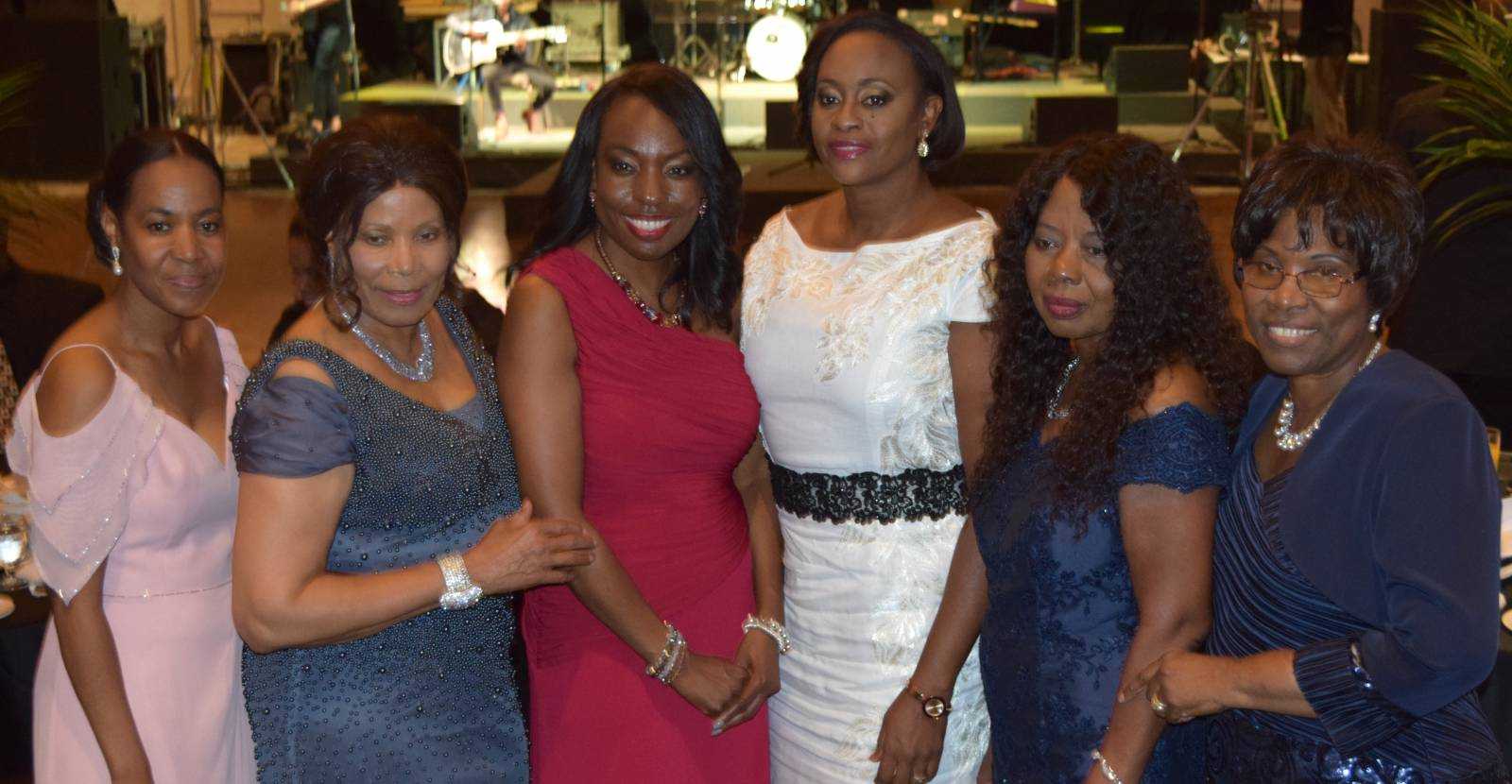BY: JELANI GRANT
Though the Jamaica Diaspora Conference came and went more than two months ago, Jamaicans continue to celebrate 55 years of independence in Canada. Under the auspices of Her Excellency Janice Miller, High Commissioner of Jamaica to Canada, A-Supreme Foundation collaborated with the Jamaica 55 Independence Canada Committee to host their 3rd Annual Grand Charity Gala at the International Plaza Hotel, A Different Booklist co-owner Itah Sadu and management professional Henderson Ifil hosted, taking guests through a night of remarks about A-Supreme’s work and musical performances to raise funds for the Golden Circle Dignity Campaign. The theme for the night was ‘A New Era of Care’, demonstrating A-Supreme’s commitment to providing for lower-income seniors, through their newest campaign.
Proceeds from the night support the Golden Circle Dignity Campaign, which is aimed at raising $100,000 to provide 500 GTA seniors access to homecare they couldn’t afford otherwise.
On the second floor, at the Plaza Ballroom Foyer, guests were greeted by the playing of the Crawford Band while browsing the many items on sale. Throughout the night, guests were served a four-course meal to the musical routines of Reggae artist Visionary, Toronto-born singer Mel C, and R&B artist Junior Whisper. Other performers for the night included Letna Allen, Lauren Beckford, Michelle Francis, and the City Soul Band. Ontario Minister of Education Mitzi Hunter was in attendance as one of the speakers. “I recognize the need to support our seniors because they have given so much to our community,” she said.
Towards the end of the night, the Diamond Citizen Awards were presented to community supporters Trust 15 Founder Marcia Brown, Falstaff Community Centre Supervisor Patrick Shaw, Liberty for Youth Founder Frederick Dryden, Local 27 President Mike Yorke, and Jamaica National Building Society Assistant General Manager Leon Mitchell. The awards recipients are all community leaders or organizations that are doing their part to strengthen the communities they represent. Keynote speaker for the night was Member of Parliament for East Rural St. Andrew and First Lady of Jamaica, Juliet Holness. The inaugural Don Levy lectured on the role of the Diaspora in National Development had Holness as one of their panel members the night before at York University. During the lecture and her speech at the Gala, Holness encouraged Jamaican Canadians to invest into their homeland. “Take a deeper interest in all things Jamaican, continue to make us proud, facilitate opportunities for education, exposure, and growth… so that Jamaica may, under God, increase in beauty fellowship and prosperity,” she said.
Before the gala ended, a gate prize and raffle gifts were given out. The night concluded with a dance party, with Soul to Soul owner Grandmaster Rosa as DJ.
A-Supreme Nursing and Home Care Services and the A-Supreme Foundation were founded by three Jamaican women, Vivienne Dickson, Vivienne Duet and Winsome Johnson after their migration to Canada. They support the lower-income seniors within the Greater Toronto area by improving their quality of life through education, advocacy, and resources. High Commissioner Janice Miller commended the organization saying, “the character of a society is defined by how it treats those with the most wisdom and experience in its midst. The work undertaken…is a visible demonstration of the level of care and commitment extended to seniors.”
The foundation is known as one of the few organizations to provide seniors access to subsidized in-home care. They provide significant employment and in-house training to various healthcare professionals. They continue to grow with the goal of becoming a global leader in advocating for seniors to live a dignified and comfortable life. A-Supreme Foundation programs receive funding from private and corporate donations, fundraising activities such as the gala, and government grant funding.
There are more than 150,000 seniors in the GTA, and 15% of Toronto’s population identify as seniors. These numbers are expected to double in the next twenty-five years. According to Statistics Canada’s 2011 census, Toronto’s senior population grew from 13.4% to 14.4% between 1996 and 2011. Currently, the GTA has a 16.4% vacancy rate for total spaces for seniors, meaning the total number of new units slightly outdid the growth of the number of seniors looking to live in retirement homes.

